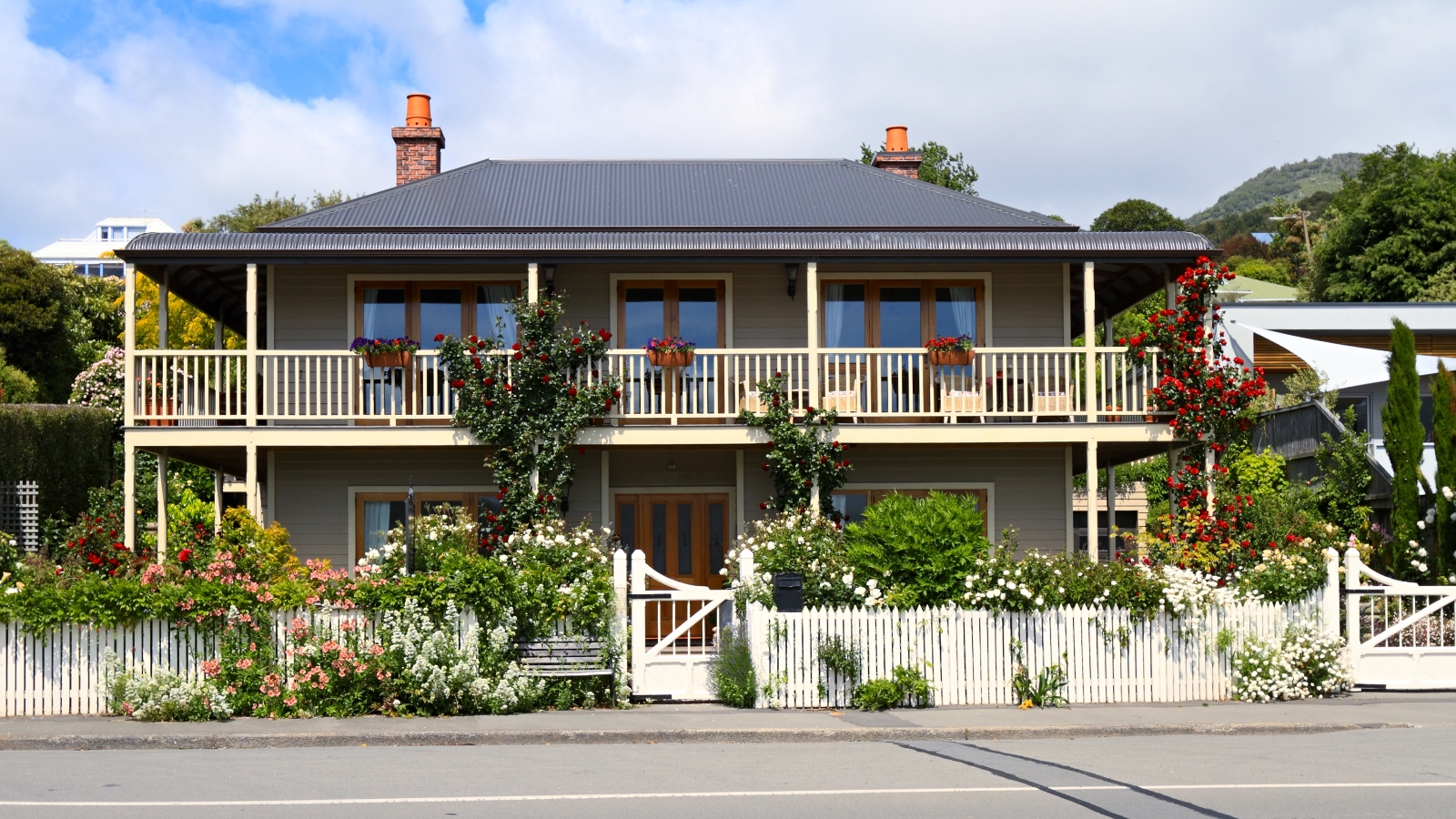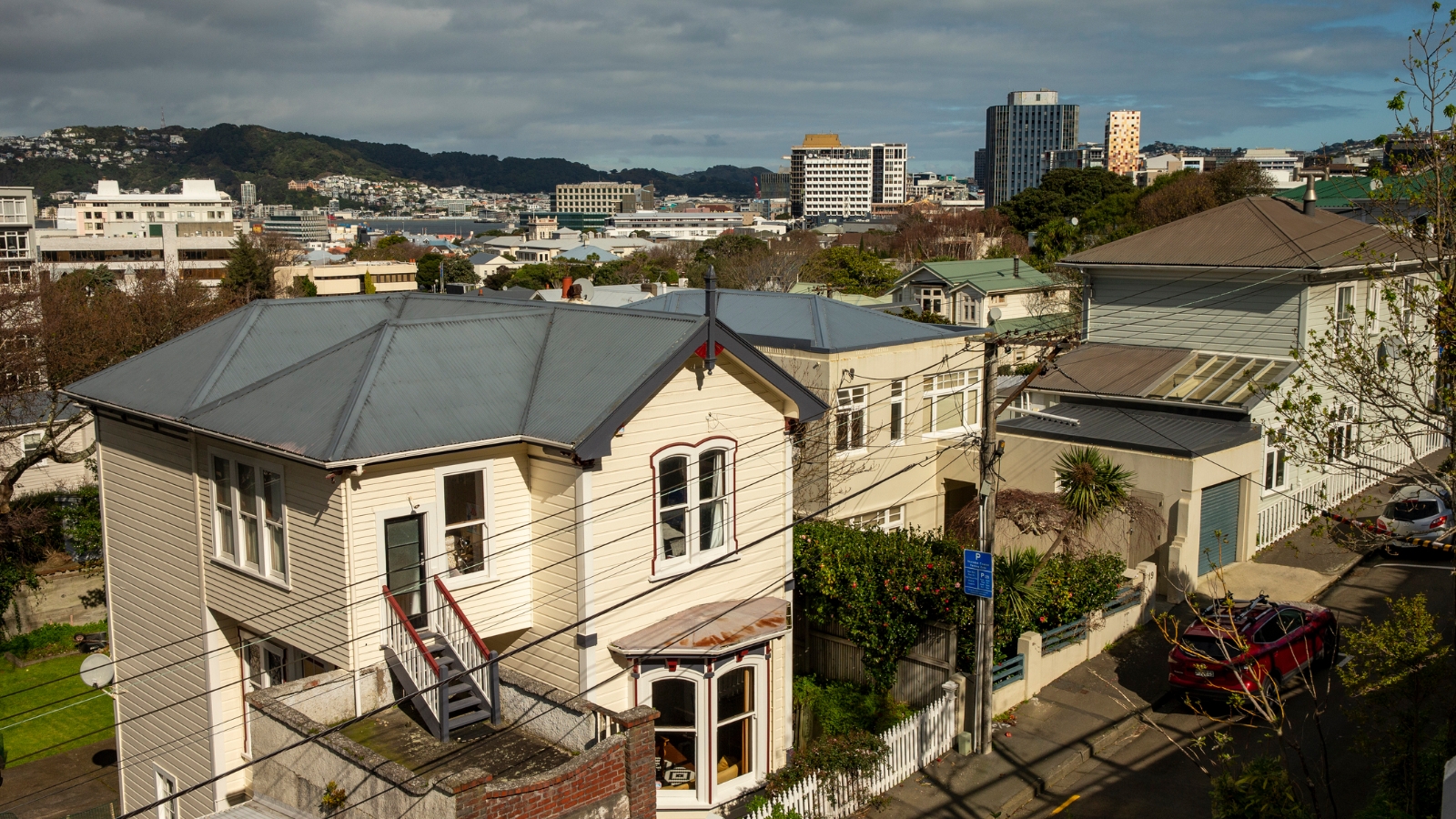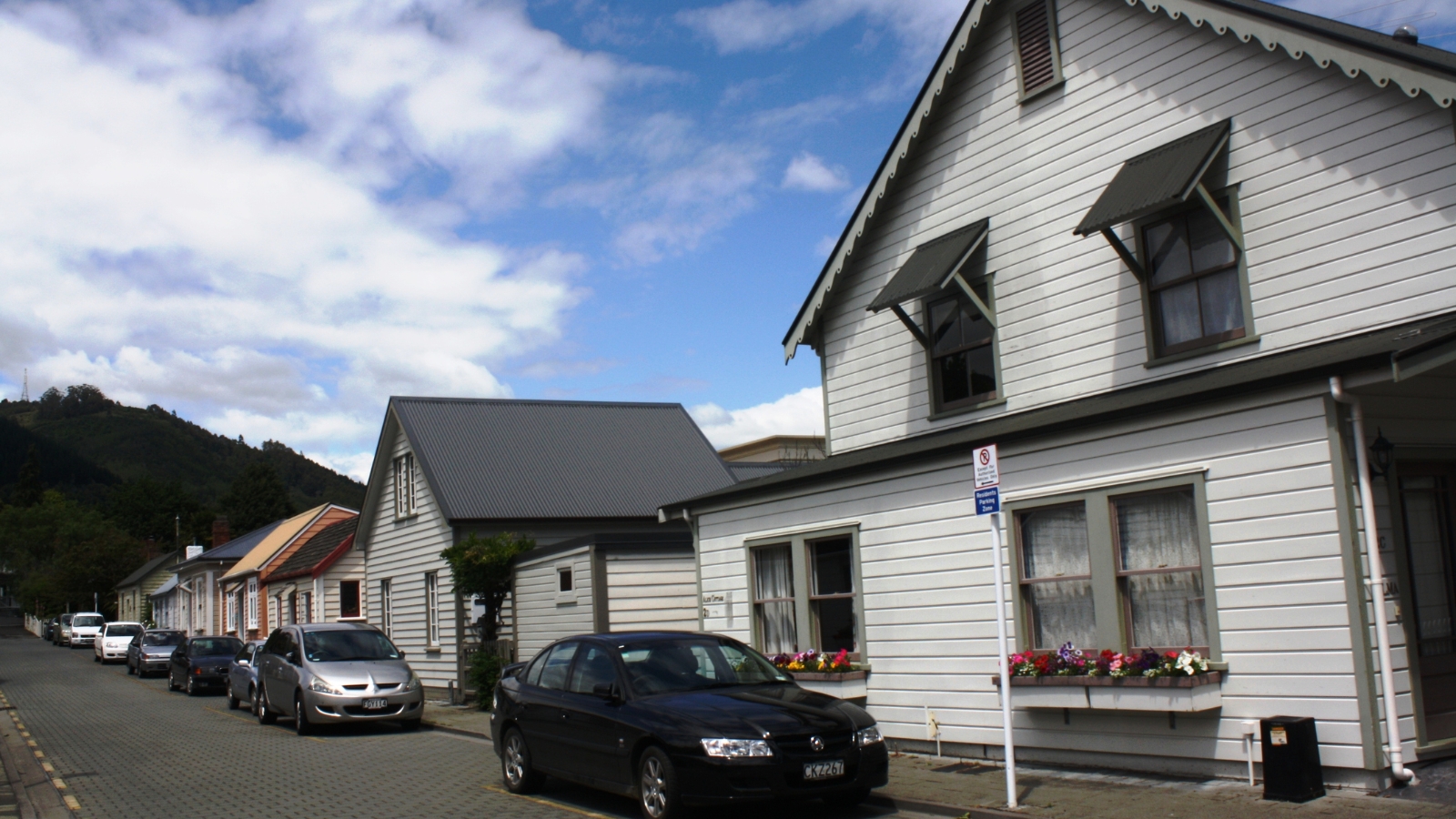Buying guide
Boarding houses: Everything landlords & tenants need to know
Including boarding house tenancy agreements

What is a boarding house?
Boarding house tenancy agreements
Boarding house laws
They must be Healthy Homes compliant
Boarding houses have similiar rules as normal residential tenances with a few key differences.
Boarding house landlords can charge bonds
Rent can be increased
Rules should be clearly communicated
Maintenance and inspection rules must be followed
Landlords can set rules for boarding houses as long as they don't contradict the Residential Tenancies Act.
Other boarding house rules
If there’s a dispute
Author
Discover More
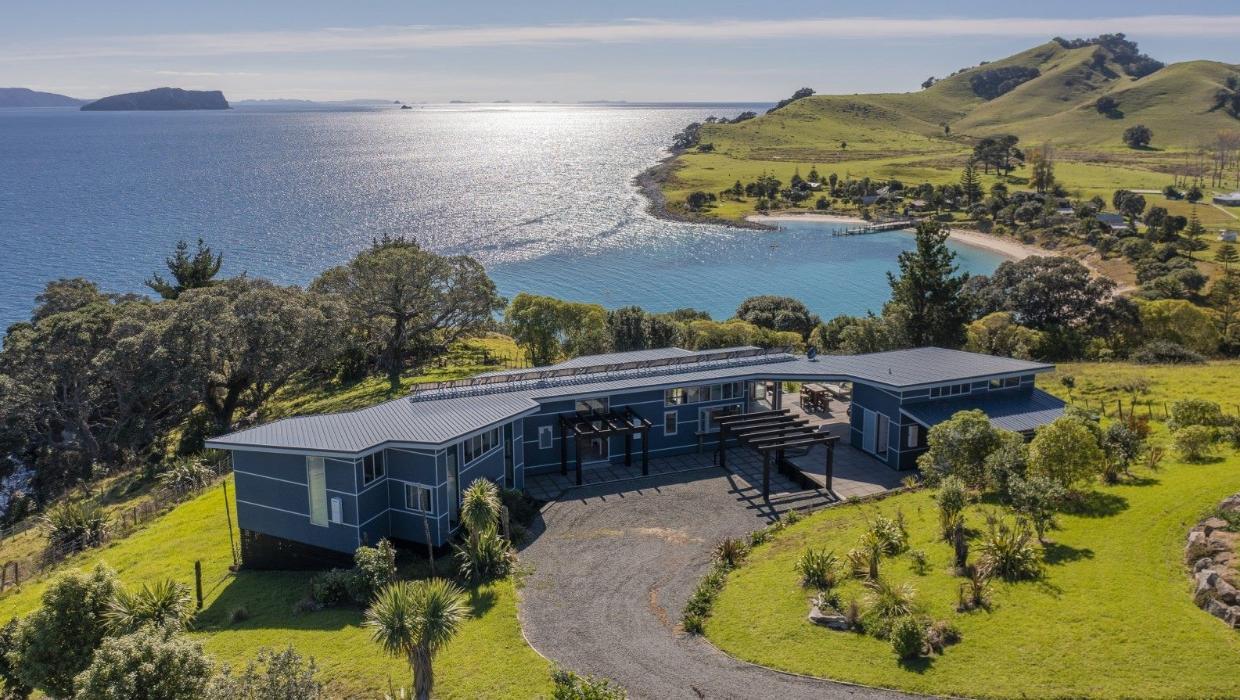
Grand Designs NZ home owner selling neighbouring section on idyllic private island
Diana and Peter Cussen's home on Slipper Island was built by Sky Mason and featured on Grand Designs NZ.
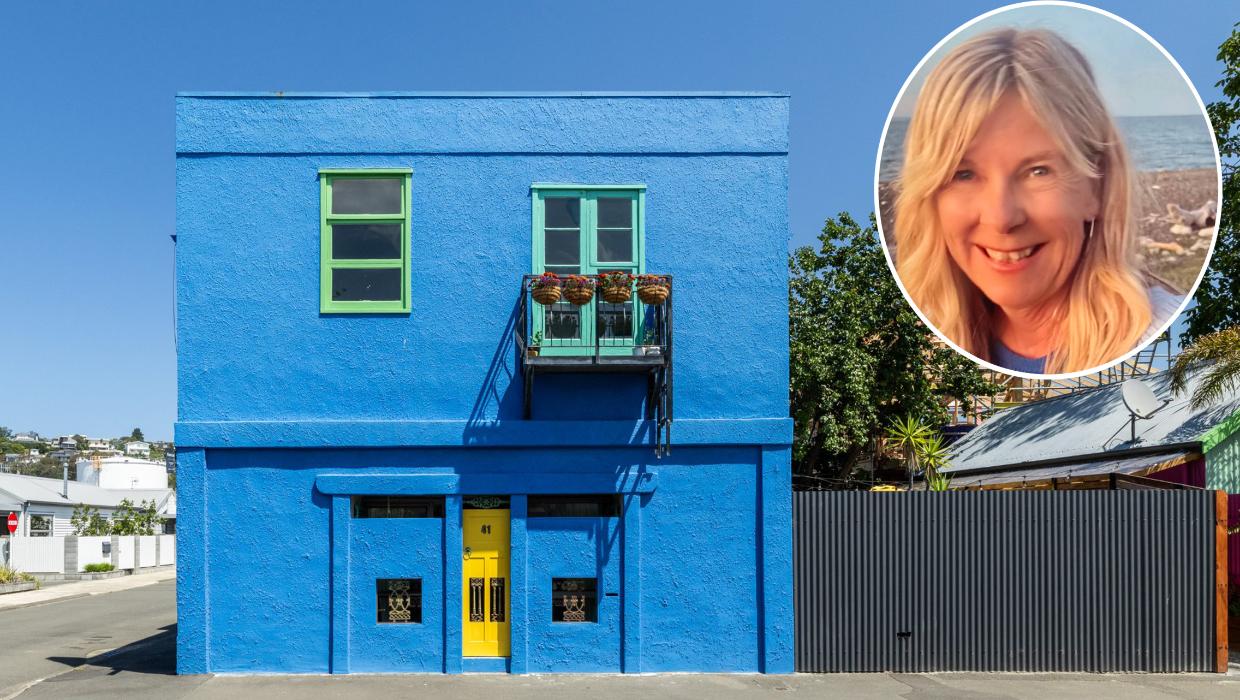
From landmark shop to family home: ‘It has a great history - lots of people have passed through here.’
The former Ahuriri general store in Napier has been home to Kim Hands for the past 27 years.
Search
Other articles you might like
